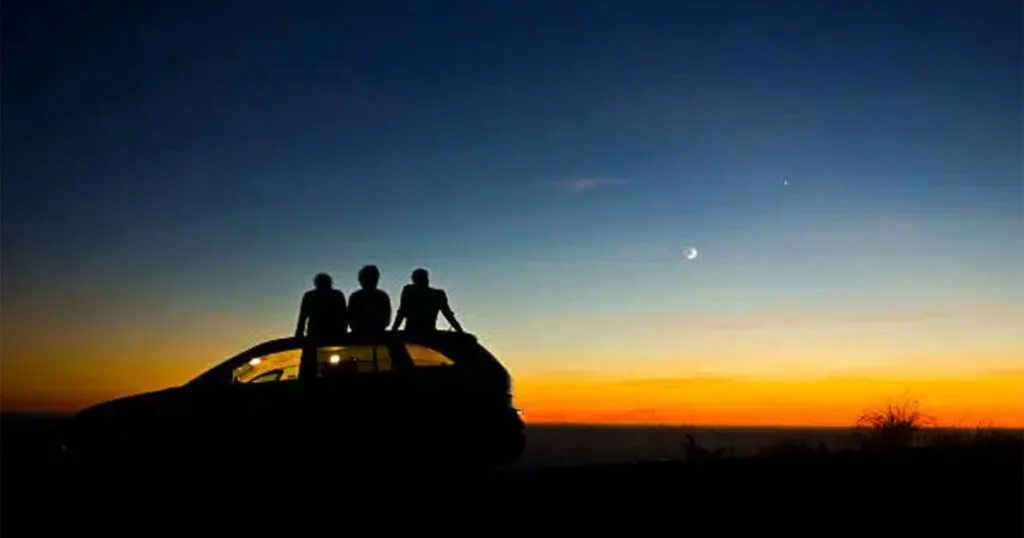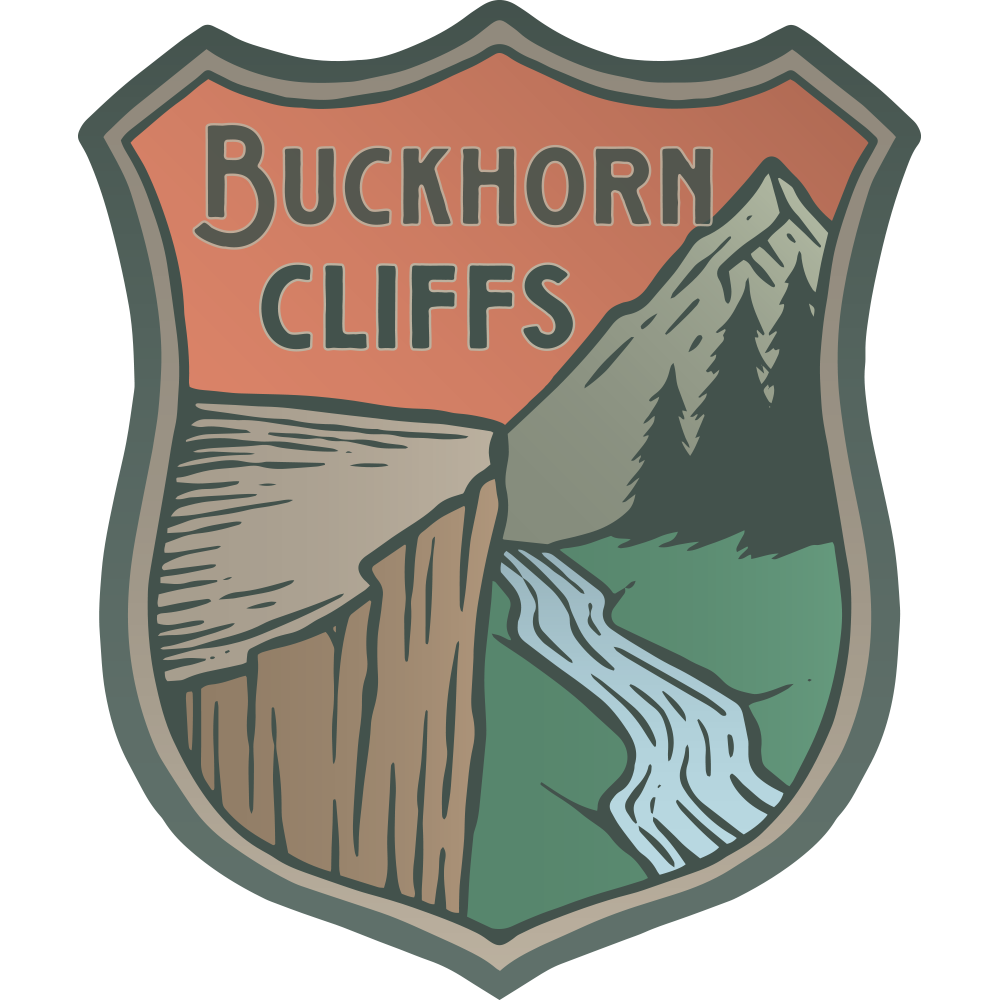Camping can be a fun and exciting way to get out into nature and enjoy the great outdoors. However, if you’re not prepared for potential safety risks, your trip could turn out very differently than you expected. This blog post will outline the most important safety tips to know before planning your next camping trip.

Research the location you are going to:
Before you even start packing for the trip, it is important to research the area where you will be camping. Learn about what kind of wildlife lives in the area and if there are any potential hazards like dangerous plants or animals that could cause harm.
Make sure you have reliable transportation to get you to your location:
Once you have decided on a destination, make sure your vehicle is in good working order. Your vehicle should be checked for maintenance issues before the trip, and DIY automotive repair kits should be readily available.
If you are going on a long-distance journey, it is also wise to plan out your route ahead of time to ensure that you know where all of the gas stations, rest stops, and other points of interest are located in case you need assistance along the way.
Pack appropriate camping gear:
Having the right camping gear is essential for staying safe and comfortable during your trip. Make sure to bring items such as tents, sleeping bags, air mattresses, flashlights, first aid kits, extra clothing layers, and water-resistant outerwear in case of rain or snow.
Here’s an entire post on: camping essentials.
Remember that your tent should be of good quality, have an adequate amount of space for the number of people in your camping party, and be securely pitched. If you are going to be camping in colder climates, make sure to bring a tent that is designed for winter weather and has plenty of insulation from the cold.
Know how to store food properly:
Food safety should be a top priority when planning any camping trip—pack enough non-perishable items such as canned goods, dry cereal, crackers, and nuts.
When going on a longer camping trip, it is important to ensure that any food you bring is stored in airtight containers or sealed plastic bags to keep animals away. Additionally, all perishables should be kept cool in an insulated cooler and disposed of properly when finished.
And if you’re in bear country, take extra precautionary measures.
Respect nature and abide by local laws and regulations:
When camping, it is essential to remember that you are a guest in nature. Respect the wildlife and local ecosystems, and be sure to clean up any trash or food scraps before leaving the area. Also, adhere to all local laws regarding campfire regulations and noise levels.
Tell someone where you’re going and when you plan to return:
No matter how short or long your camping trip is, it is important to let at least one person know where you are going and when you plan to return. This way, if something were to happen, that person could alert the necessary authorities.
Be aware of your surroundings:
When camping, it is important to be aware of your surroundings at all times. Pay attention to changes in the weather, wildlife activity, and any suspicious people or activities. It is also a good idea to keep a map nearby so that you can quickly identify any potential danger points.
Keep a cell phone with you:
Having a cell phone on hand is always a good idea when camping. This way, if an emergency arises, you can quickly contact someone for help. Make sure to keep the battery charged and your phone stored in a waterproof case to ensure it remains safe and usable at all times.
If you won’t have cell service, look into satellite communication hardware or the newest iPhone.
Make sure to get adequate rest:
When camping, it is essential to get enough rest. Make sure to keep regular sleep schedules and avoid staying up late or overdoing activities that tax your system too much. This will help you stay alert during your trip and reduce the risk of any potential accidents.
Avoid drinking alcohol:
Alcohol is often associated with camping trips, but it can be dangerous if not consumed responsibly. Make sure to avoid excessive drinking and never drink when engaging in any type of outdoor activity or driving a vehicle.
Following these tips ensures that your next camping trip will be safe and enjoyable for everyone involved. From packing the right supplies to respecting nature and staying alert, there are plenty of ways to stay safe while out in the wilderness. So make sure to take the necessary precautions before embarking on your next camping adventure!
